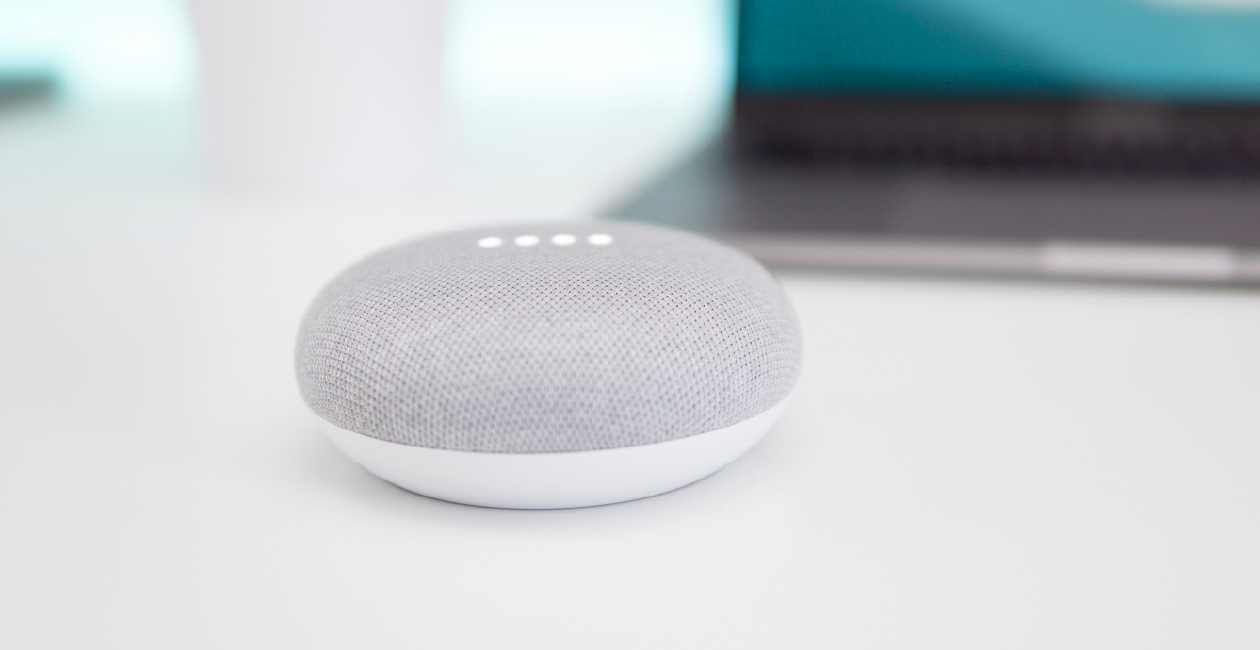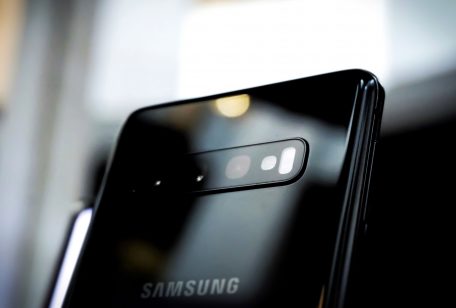
MDC Newsroom
Qualcomm hosted a 5G demo event earlier this year to demonstrate some of the more compelling uses for the technology outside of smartphones. In one demonstration, Qualcomm representatives showed how a major city could add millions of connected devices without having a negative impact on network speeds. Cars connected to 5G networks would be able to send signals to each other about accidents or approaching emergency vehicles – developments that will fundamentally impact how we drive.
Technologies like telemedicine and virtual reality also benefit from this advancement in connectivity. With 5G, healthcare providers use mobile networks to handle telemedicine appointments and reach more people faster. Ultimately helping patients to get treated sooner, lower the costs of care, and help doctors to collaborate more effectively.
For Texas, 5G can’t come soon enough. The Lonestar state is home to over 16 million drivers with one reportable crash occurring every 59 seconds. Texas also suffers from a physician shortage that affects more than 28 million people which leaves them often with long wait times for patients to get appointments and limited access to healthcare.

Internet of things and 5G
What’s coming nextWhen is 5G expected to be fully available in Texas?
Across the country, telecom companies have begun to lay the groundwork for 5G wireless networks, but the big question still stands: when will 5G fully deploy in Texas?
The key building blocks of 5G networks are small-cell antennas that are specifically made to work with the new radio technology. These cells are interlaced throughout cities and municipalities – often affixed to streetlights, utility poles, and buildings. Telecom companies need to install hundreds of these new small cells to cover a relatively small area.
DASH market cities (Dallas, Austin, San Antonio, Houston) are leading the way but Houston is ahead of the pack and has been recognized as a model for other cities to follow.
According to Amandus Derr, Government Relations Manager for Crown Castle in Texas, “Houston is processing and approving between 50 and 100 nodes per week for Crown Castle. Because the City has embraced SB 1004.”
SB 1004 is a bill that was enacted into law that streamlined regulations and lowered costs to facilitate the deployment of small cells throughout the state and places a limit on what cities and local governments can charge telecom companies to install each cell – placing the cap at between $250 to $270 per year per node. Before the state law passed in Texas, Houston was charging $2,500 per small-cell node annually, while San Antonio was charging $1,500.
According to data gathered by the TX 5G Alliance – an advocacy group organized to promote 5G in Texas comprised of big players like Google, Verizon, Facebook, AT&T, T-Mobile, Sprint, and state telecom companies like LOGIX Fiber Networks – major cities in Texas shared updates on the deployment of fiber and small cell nodes. As of May 2018, the DASH market cities provided the number of permits approved:
Houston: 580 applications received, 548 permits approved
Dallas: 305 applications received, 288 permits approved
San Antonio: 130 applications received, 66 permits approved
Austin: 80 applications received, 2 permits approved
Austin has admittedly fallen behind. SB 1004 included a 150-day limit to approve or reject applications by carriers and the city has been unable up to keep up despite receiving the least amount of applications. The city has acknowledged the ongoing problem and has begun taking action. Rondella Hawkins, director at the city’s office of telecommunications and regulatory affairs, commented “We realized it was time to update how we are doing things… we are also meeting with providers to identify any problems.”
While the consensus is that 5G will formally roll out in 2020, some wireless carriers are currently providing some form of 5G throughout the state. Sprint & T-mobile has 5G only in Dallas. Meanwhile, AT&T has 5G deployed in Austin, Dallas, Houston, San Antonio, and Waco. Verizon plans to roll out 5G in Dallas and Houston in late 2019.








